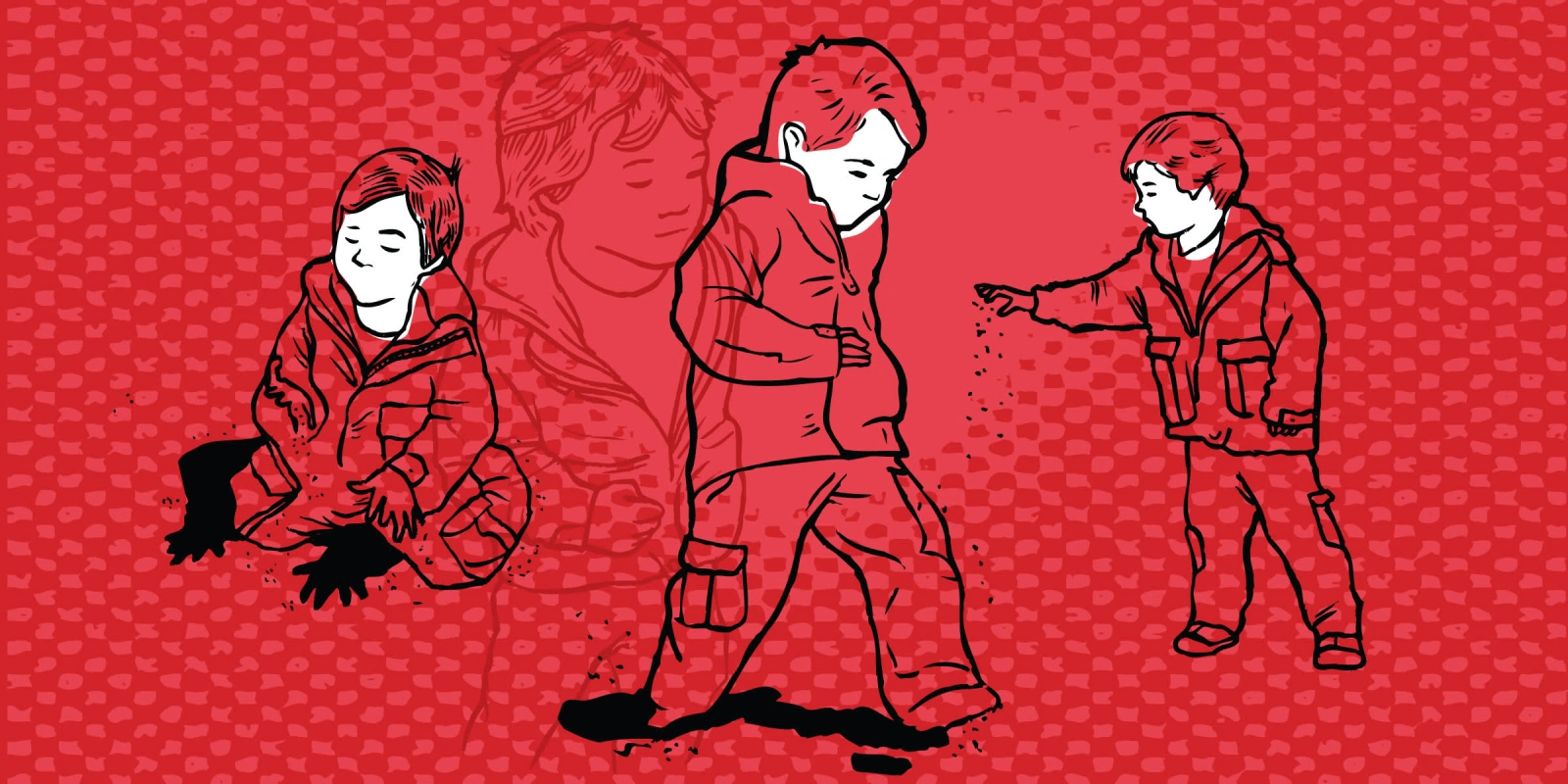“Any tips on helping him sleep better?”
I sat across from a tired mother holding her 7-month-old son who was waking up every three hours to breastfeed overnight.
I froze, because I did not have an immediate answer to her question. I could regurgitate the safe sleep guidelines and recite appropriate intervals between feeding to prevent hypoglycemia, but I could tell that was not the guidance she sought. I mumbled something about winding down and keeping a regular schedule.
I rushed to my preceptor hoping she could help this mother better than I had.
When our clinic session ended, I asked my attending at what point in her training she felt comfortable navigating the nonmedical “parenting” questions I felt ill-equipped to answer.
“When are you planning on having kids?” she asked.
I laughed off the question.
“I’m only somewhat kidding. You pick up a ton about parenting after becoming a parent yourself. That’s when I learned a lot.”
I left our conversation disappointed. There would be no series of lectures or dedicated curricula for me to learn these topics to proficiency. Unless I sought this information from other sources, I would leave pediatrics residency with more training on interpreting venous blood gasses and managing ventilator settings than the common issues of sleep training, introducing solids, managing tantrums, and toilet training.
Despite the importance of common child development questions, training programs inadequately prepare residents to address them when parents look to pediatricians for answers.
More than 1,000 parents were surveyed regarding health concerns for children and adolescents in their community. Allergies, physical activity, ADHD, internet safety, obesity, smoking, and bullying were the most frequently mentioned. These topics range from direct medical pathologies with pharmacologic treatments to developmental or social concerns that can directly impact a child’s health. Parents seek their pediatricians’ guidance on not only medical illness but also environmental factors that impact their children’s lives.
Pediatric program directors understand this need. More than 100 pediatric residency program directors or assistant program directors responded to a survey assessing their attitudes regarding their curriculum for teaching residents about parenting skills. The majority said teaching parenting skills is very important. However, nearly one of four respondents reported training residents “not very well” on parenting topics.
General pediatricians are often the first to hear parents’ concerns, these physicians ultimately learn how to support children with their developmental, social, or behavioral challenges. This may be a result of professional experience, self-directed learning, or personal anecdotes. I have benefited greatly from asking colleagues with more experience working in pediatrics how they have navigated such issues with patients or even their own children. Support from colleagues in nonmedical specialties, such as behavioral specialists, occupational therapists, and speech language pathologists, has also proven invaluable. These challenges are often multidisciplinary and require knowledge not always taught in medical school and residency training programs.
Ultimately, the role of a general pediatrician is to support a child’s growth and development in partnership with their guardians. Immunizations, medical illnesses, and medications are crucial parts of this goal. So are behavioral and developmental topics such as sleeping, emotional regulation, tantrums, and toilet training. Both parents and residency program directors share this belief, but pediatrics residents are not universally trained to reach this goal.
I recently cared for a 30-month-old patient with a history of constipation whose parents were unsure how to best approach toilet training. Initially, I felt a similar pang of unpreparedness to help this otherwise healthy patient.
After realizing these topics were not going to be explicitly taught through any curriculum, I began to develop my own. I reached out to pediatric subspecialists, occupational therapists, physical therapists, nutritionists, developmental psychologists, lactation specialists, and school nurses. I asked them questions in order to build my comfort answering potential questions from parents that I felt poorly prepared for.
I was able to help that family by pulling advice from conversations about toilet training that I had initiated with a pediatric gastroenterologist, occupational therapist, and developmental psychologists.
Addressing these developmental and environmental concerns requires integrating multidisciplinary knowledge that goes beyond the sometimes narrow scope of clinical medicine. It can be done through self-directed learning, but universally incorporating these topics into pediatric training curricula will benefit children, families, and pediatricians.
How do you believe pediatrics training could be improved? Share your thoughts in the comment section.
Dr. Nishant Pandya is a pediatrician in Philadelphia, PA. He enjoys biking and rooting for the Philadelphia Phillies. Dr. Pandya is a 2023–2024 Doximity Op-Med Fellow.
Image by juanmagarcia / Getty Images






